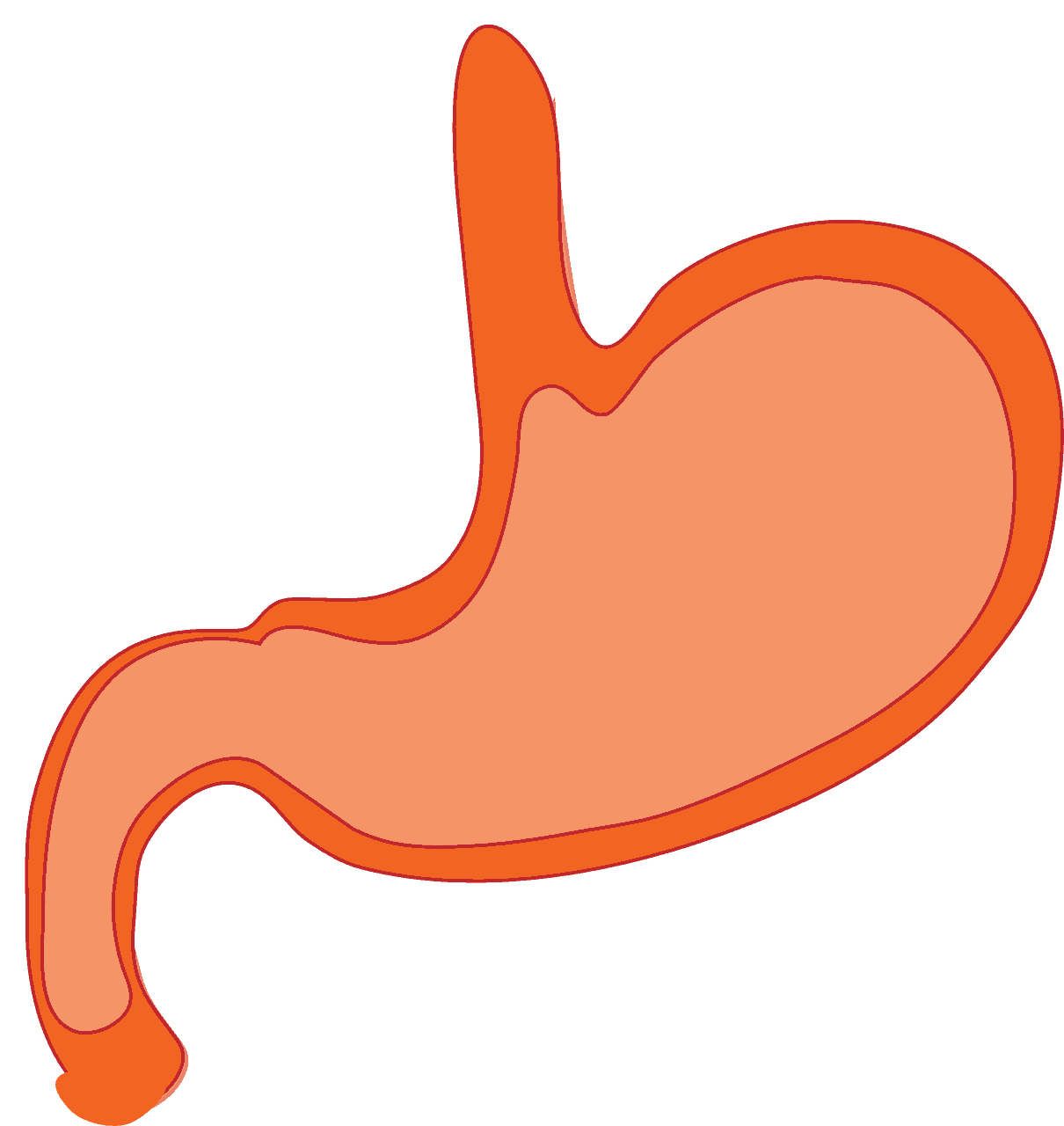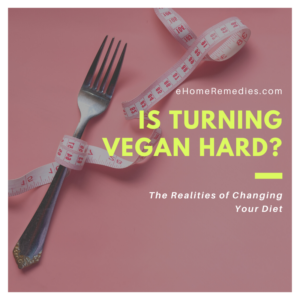If you’re interested in cooking healthily and changing your eating habits, you might have heard a lot of people talking about chia seeds.
But are chia seeds really a superfood and do they deserve their popularity?
Keep on reading because we’re going to talk about the amazing benefits of chia seeds and their nutritional profile.
Chia Seeds Fast Fact
I’m sure that you’ve noticed these little seeds in your local supermarket, but you probably don’t know much about them. So, let’s learn something more about chia seeds:
Chia Seeds Nutritional Profile
One of the reasons why chia seeds are so popular nowadays is because they are packed with nutrients, vitamins, and antioxidants.
If you want to know the details, 100 grams of chia seeds contains:
As you can see, chia seeds are an excellent source of fiber, which is necessary for proper digestion. In fact, the daily recommended intake of fiber is 25 grams for women and 38 grams for men. So, chia seeds give you more than enough fibers on their own.
What’s more, chia seeds are rich in omega-3-acids, which are beneficial for your heart and mental health. In addition to this, chia seeds are a good source of high-quality plant protein because they contain all the necessary amino acids for the human organism.
As for necessary minerals, chia seeds do not disappoint:
It’s evident that chia seeds are an excellent supplement if you have troubles with your manganese and magnesium intake. Moreover, they are packed with calcium.
Unfortunately, chia seeds are not rich in vitamins. However, they contain other useful components such as:
7 Health Benefits of Chia Seeds
Chia seeds have a positive effect on the organism, because they are full of antioxidants, as the ones I mentioned above, essential minerals, and fiber. What’s more, they are an excellent source of omega-3-fatty acids, which have numerous benefits for the human body.
In addition to this, chia seeds are easy to include in any diet.
#1 Chia Seeds can Help You Lose Weight
Obesity is a problem in today’s society because people often don’t exercise as much as they need to. What’s more, people eat lots of junk food instead of healthy meals. As research has proven, obesity has its health risks, including:
So, losing a few extra pounds is the best thing you can do for your health, and chia seeds can help you in this difficult task. That’s because they contain a lot of fiber, and eating fiber makes you less hungry.
In addition to this, since chia seeds absorb liquid, they swell in your stomach when you eat them and keep you full for a long period of time. What’s more, some studies have shown that chia seeds can reduce waist circumference.
However, you should keep in mind that chia seeds are not a magical potion for weight loss. Eating chia seeds every day will not help you shed the extra pounds if you continue to eat unhealthily and lead a sedentary lifestyle.
But if you become more active and adopt a balanced diet, chia seeds will help you lose weight faster. Experts recommend that you eat them along with yogurt so that you don’t have the desire to snack during the day.
#2 Chia Seeds Improve Digestion
A lot of digestive problems are related to the lack of an adequate amount of fiber in the diet. But do you know why fiber is so important?
First, fiber is not digestible, and that’s not a bad thing. Eating fiber helps your digestive tract because it makes your stools soft and bulky. As a result, you have regular bowel movements that don’t require too much straining.
Studies have also found that people suffering from chronic constipation felt some improvement after adding more fiber to their diet. And fiber is beneficial for keeping the balance of your gut in check and feeding the good gut bacteria.
So, eating food rich in fiber is usually recommended for optimal digestive health. But as it turns out, most people eat only half of the recommended daily intake of fiber.
Fortunately, chia seeds can help you remedy that because they are one of the best sources of fiber. If you remember they contain 34 grams of fiber per 100 grams when the recommended amount for women in 25 grams and 38 grams for men.
However, it’s worth noting that eating too much fiber can also have a negative effect on your stomach. That’s why you have to be careful when adding chia seeds to your diet.
# 3 Chia Seeds might Help Blood Sugar Control
If you remember, chia seeds contain 42 grams of carbohydrates per 100 grams. That might seem too much when we talk about blood sugar levels.
However, most of the carbohydrates in chia seeds come from fiber, which your body doesn’t digest. What’s more, there are not sugars in chia seeds. So, you don’t have to worry about chia seeds raising your blood sugar levels.
In addition to this, some studies show that chia seeds might be useful for controlling blood sugar levels in people with type 2 diabetes. What’s more, chia seeds slow down digestion, which can prove beneficial for preventing blood sugar spikes.
We also shouldn’t forget that chia seeds are excellent for fight inflammation. And inflammation and stress are the root causes of a lot of diseases, including diabetes. So, eating chia seeds might help your body deal with the inflammation before it can damage essential organs.
Moreover, chia seeds increase satiety and help people lose weight. Since type 2 diabetes is related to obesity, losing a few pounds can make all the difference for managing your blood sugar levels.
#4 Chia Seeds might have Anticancer Properties
You might find it surprising, but chia seeds might really help prevent cancer. They contain alpha-linolenic acid, which has been studied for its ability to affect cancer cells.
A study done animals has shown that alpha-linolenic acid has the ability to stop the growth of tumors and decrease cancer cells viability. What’s more, scientists have discovered that alpha-linolenic acid has a growth-inhibiting effect on estrogen-positive breast cancer cells.
In addition to this, chronic inflammation plays a role in the development of cancer. That’s why it’s essential to eat food rich in antioxidants, which fight the free radical and prevent cell damage.
So, even if you don’t believe in the anticancer properties of chia seeds, you should include them in your diet to prevent inflammation and oxidative stress.
#5 Chia Seeds are Excellent for Keeping your Bones Strong
Calcium is one of those minerals that your body needs for optimum bone health. Too little calcium might result in:
The recommended daily amount of calcium is 1,000 for age 19-50. As you remember, chia seeds contain a hefty dose of calcium, so they are an excellent choice if you can’t rely on dairy products.
In addition to this, chia seeds contain phosphorus and manganese, both of which are important for bone health.
Manganese is necessary for the enzymes that form the bones and the cartages and for bone mineral density. Phosphorus also combines with calcium to strengthen our bones and teeth. An inadequate intake of these minerals might result in inhibited growth and bones issues later in life.
However, it’s worth mentioning that phosphorus and calcium have a delicate balance in the human body and that too much phosphorus is not a good thing.
#6 Chia Seeds for a Healthy Heart
Do you know how prevalent heart disease is? It’s the leading cause of death in recent years, followed closely by cancer. So, taking care of your heart must be a priority, especially if you have high blood pressure and high cholesterol levels.
And how chia seeds can help you do that? First, they are rich in omega-3 acids, which are beneficial for your heart because:
Second, chia seeds are an excellent source of antioxidants, which can reverse the effect of oxidative stress and reduce inflammation.
In addition to this, chia seeds have been studied for their effect on dyslipidemia, a condition in which a person has an abnormal amount of lipids. The conclusion was that chia seeds were effective in reducing the amount of cholesterol.
However, the tests were performed on rats, and there were not human trials. So, it remains unclear if chia seeds will be effective on humans.
#7 Chia Seeds for Better Mood
Last, but not least, one of the possible health benefits of chia seeds is mood improvement thanks to their omega-3-fatty-acids content.
Studies have discovered that cultures who eat food high in omega-3s have low levels of depression. What’s more, there is some evidence that symptoms of depression improve when people add omega-3s to their diet.
So, there are strong indications that these fatty acids are related to good mental health. But that’s not all. Thanks to their rich mineral content, they can boost your energy levels and help your metabolism.
Chia Seeds Side Effects
While there is no denying that eating chia seeds is safe and good for your health, some side effect exists.
First, you can be allergic to chia seeds. In case, you don’t feel well after eating these seeds and experience vomiting, diarrhea, and tongue itching, speak with your doctor immediately.
Second, too much chia seeds might result in stomach discomfort, especially if you don’t drink enough water during the day. Fiber is excellent for keeping your digestive tract running, but too much can cause:
In addition to this, you have to be careful with chia seeds if you have troubling swallowing. Since the seeds swell when absorbing water, they can get lodged in the throat. It’s a highly unlike scenario, but if you’re eating chia seeds for the first time, you might accidentally swallow more than you can handle.
Another possible side effect of chia seeds is that they can interact with medication. For example, if you take pills for diabetes or inject insulting, eating too many chia seeds might result in low blood sugar. The same goes for high blood pressure pills.
Moreover, if you have low blood pressure, chia seeds might lower it even more. So, make sure that you check it regularly.
Also, some researchers have found a link between alpha-linolenic acid and prostate cancer. One study concluded that men with high blood concertation of omega-3s had an increased risk of prostate cancer and that these acids might play a role in tumorigenesis.
Still, there are other studies with contradicting findings.
The bottom line is that chia seeds are packed full of essential nutrients, minerals, and antioxidants. They are also gluten-free and an excellent choice for an egg substitute in vegan recipes. The best way to get the most of the nutrients, however, is to soak the seeds in water to achieve their gel-like form.
What do you think about these 7 health benefits of chia seeds? Do you eat chia seeds or use them in cooking?










